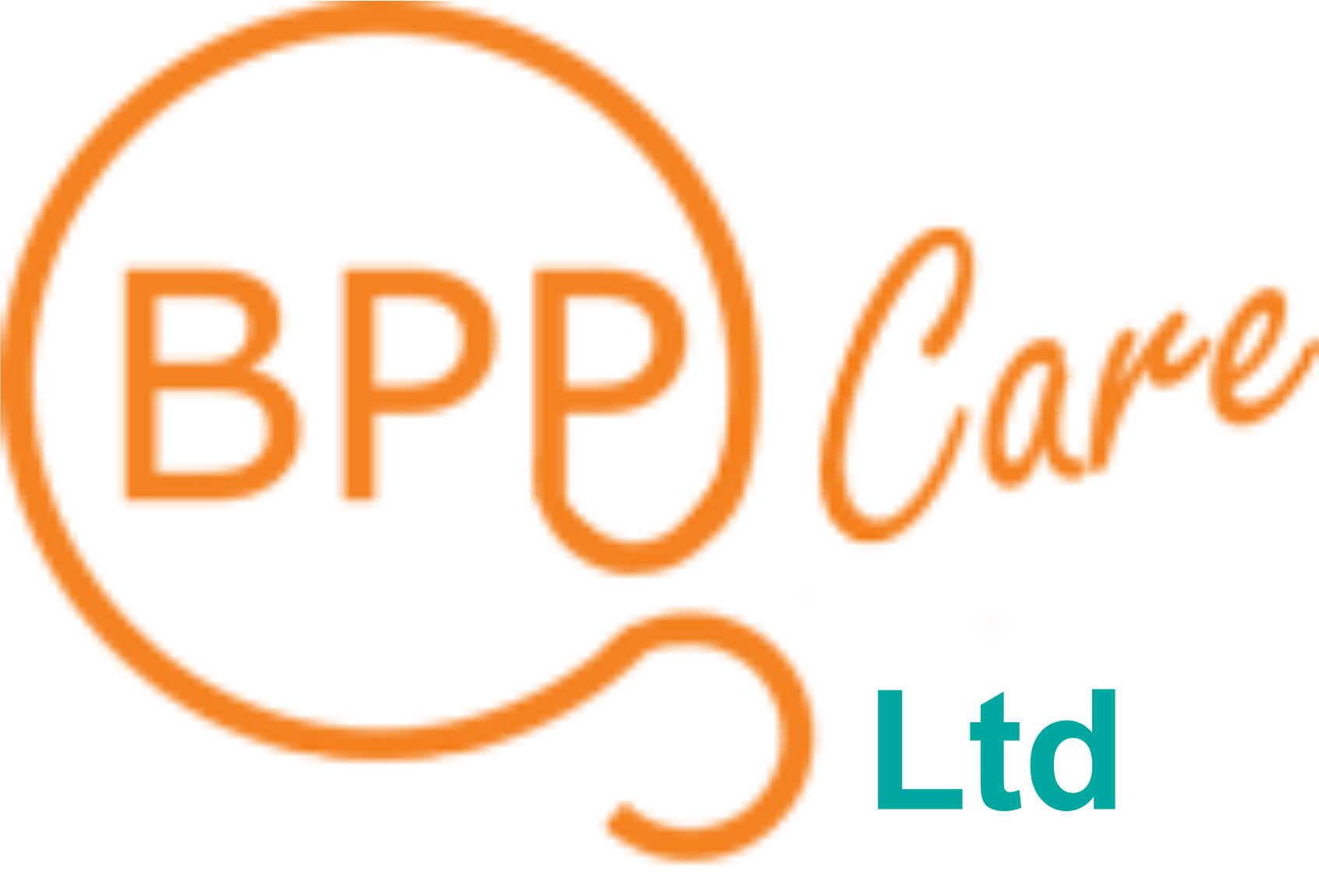
If you’re an aspiring care assistant in the UK, you’ve landed in the right place. Maybe you’ve always felt drawn to caring for others. Or perhaps you’re looking for a fresh start in a meaningful career. Either way, this guide is going to walk you through one of the best parts about becoming a care assistant; you don’t need to break the bank to get started.
In fact, there are free certifications out there that not only boost your confidence but also grab the attention of employers. And trust me, those certificates are more than just digital badges that gives you a certificate of participation.
So, let’s dive into the good stuff. Stick with me and you’ll be ready to take your first step into care with clarity and confidence.
Why Free Certifications Matter for Aspiring Care Assistants
Let’s be honest. Starting a new career can feel a bit overwhelming. There’s that little voice in your head saying, “Do I even have what it takes?” Here’s some reassurance: yes, you do.
According to the 2024 Commons Library report, over 1.52 million people work in adult social care across the UK. That’s a huge number, and yet, care providers are still struggling to fill roles. They’re not necessarily looking for degrees or years of experience. They’re looking for compassionate people who are willing to learn.
That’s where free online certifications come in. These courses help you build essential skills, show your commitment, and make you stand out in a crowd of applicants. It’s like walking into an interview and already having a head start.
The Care Certificate: Your First Step
Think of the Care Certificate as your foundation. It’s not fancy or complicated, but it’s absolutely essential. And best of all, many providers offer it for free.
The certificate covers 15 key standards you’ll need to understand if you’re serious about working in health or social care. These include basics like safeguarding, privacy and dignity, infection control, and communication.
It’s often completed as part of your training once you’re hired, but getting a head start shows serious initiative. Some platforms, including those partnered with the NHS or Skills for Care, offer the modules online at no cost.
Safeguarding Vulnerable Adults
Now let’s talk about safeguarding. Say you’re visiting a client at home and you notice something strange. Maybe a bruise. Or maybe they seem unusually withdrawn.
Would you know what to do?
That’s why a Safeguarding Adults Level 1 or Level 2 course is absolutely worth your time. These free online courses teach you how to recognize signs of abuse, how to respond appropriately, and how to protect vulnerable individuals under your care.
Training platforms like FutureLearn, Alison, and OpenLearn offer these courses, often in partnership with reputable UK institutions. You don’t just learn rules, you learn how to stay calm and take action when it counts.
Dementia Awareness
Let’s get personal for a moment. Have you ever spent time with someone who has dementia? If you have, you know it can be deeply emotional. One minute they remember your face. The next, they don’t.
It’s not easy—for them or for you. But with the right knowledge, it becomes easier to support them in meaningful ways.
A Dementia Awareness course helps you understand how dementia affects the brain, how to communicate gently, and how to spot early signs. These free courses are offered by OpenLearn, Alison, and even Health Education England.
You’ll walk away with a new level of empathy. And honestly, that’s one of the most powerful skills you can bring to this role.
Infection Control – For You and Them
Talking about germs. It’s not glamorous, but infection control is one of the most important parts of care work. Whether it’s a cold or something more serious, preventing the spread of illness can literally save lives, especially when you’re working with the elderly or immunocompromised.
Free infection prevention courses are available through NHS eLearning, FutureLearn, and Skills for Care. They’re short, clear, and packed with essential info—like how to wear gloves correctly, how to clean surfaces, and how to protect yourself and your clients during daily tasks.
If you ever wondered why care assistants wear aprons, gloves, and masks even during non-emergency care, this is where you learn the “why” behind it all. And once you know, you’ll never see your PPE the same way again.
Communication Skills for Aspiring Care Assistants
You could have all the technical skills in the world, but if you can’t connect with people, care work gets tough.
That’s why communication is more than just talking. It’s how you listen, how you respond, and even how you stay quiet when someone needs a moment.
Free communication skills courses, like those from Alison or Open University, walk you through everything from body language to tone of voice. You’ll also learn how to handle difficult conversations, whether that’s calming an anxious client or updating a family member on care routines.
Better communication leads to better relationships, and better relationships lead to better care. Simple as that.
First Aid Basics For Aspiring Care Assistants
Let’s imagine you’re helping a client with their morning routine. Suddenly, they collapse. What do you do?
No one wants to be in that situation, but being prepared can make all the difference.
Free First Aid Awareness courses teach you how to respond calmly and effectively. While these won’t replace formal certification from St John Ambulance or the Red Cross, they give you enough knowledge to act in those critical first minutes. As an aspiring care assistant, this will come in handy.
Websites like Red Cross UK, First Aid for Free, and even NHS Health Education have solid options. Knowing how to respond in an emergency can save lives—and might just save your job too.
Mental Health Awareness Courses For Aspiring Care Assistants
Here’s the truth: many of the people you’ll care for aren’t just dealing with physical issues. They’re carrying emotional weight too.
Whether it’s loneliness, anxiety, or depression, your role as a care assistant often means being their emotional anchor, even if it’s just for a moment.
Free mental health awareness courses from places like Mind, OpenLearn, or FutureLearn offer tools to help you identify when someone is struggling and how to gently support them. These courses teach you how to offer comfort, how to communicate sensitively, and how to recognize signs that something might be wrong.
Even if you’re not trained as a therapist, your presence and understanding can make a huge difference. Sometimes, just being there is enough.
Where to Find These Free Certifications as an Aspiring Care Assistant
So, where do you begin?
Here’s a shortlist of trustworthy platforms offering free care-related certifications in the UK:
- FutureLearn – Courses from universities and healthcare leaders
- OpenLearn (The Open University) – Free, high-quality education
- Alison – Quick courses with free completion certificates
- NHS eLearning for Healthcare – Trusted NHS training modules
- Skills for Care – Government-backed support and learning
- Red Cross UK – Practical first aid knowledge made simple
Each site is beginner-friendly and lets you work at your own pace. There’s no pressure, no fees, and no strings attached. It just requires knowledge and confidence, one lesson at a time.
How to Add These Certifications to Your CV as an Aspiring Care Worker
Once you finish a course, don’t keep it to yourself, rather, show it off.
Here’s what you should do:
- Download your certificate as a PDF or image.
- Add a “Certifications” section to your CV if you don’t already have one.
- Write down the course name, date completed, and where you took it.
It might look something like this:
Care Certificate – NHS Health Education England – Completed March 2025
Safeguarding Vulnerable Adults – FutureLearn – Completed April 2025
You can even link to the course directly if you’re applying online. This makes it easy for employers to verify and gives your CV that professional edge.
So what are you waiting for?
Pick a course, hit “start,” and take that first step.
And when you’re ready for more, come back. We’ll have fresh tips, new guides, and even more support waiting right here!!
